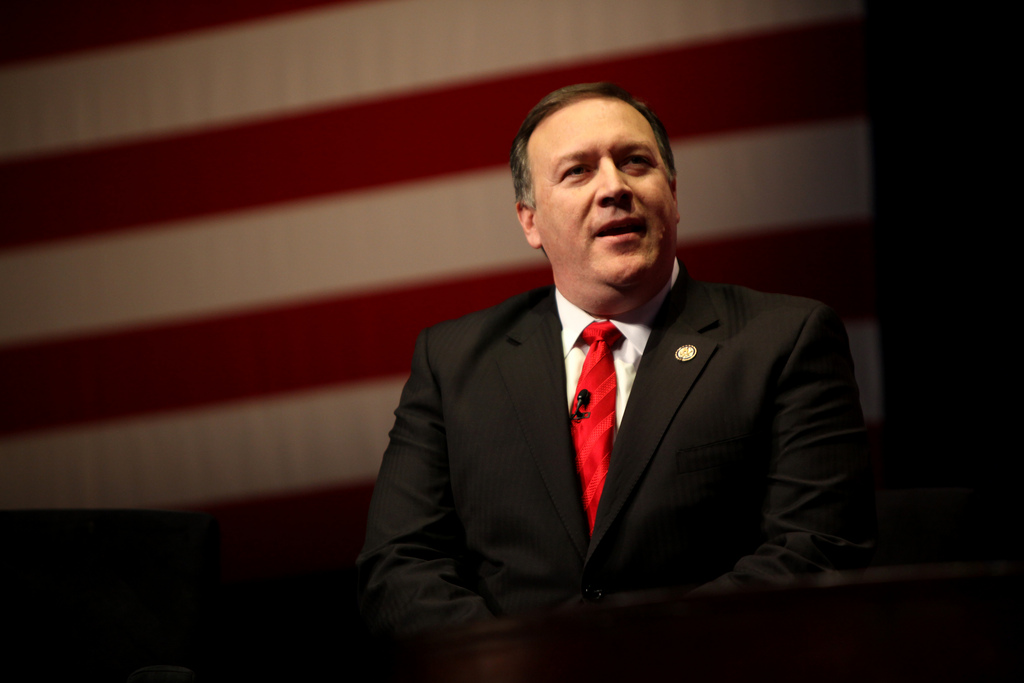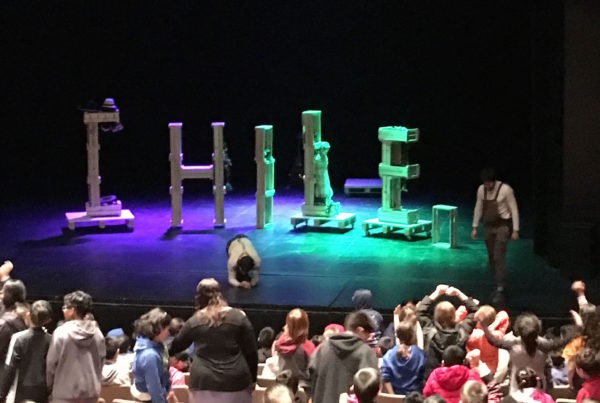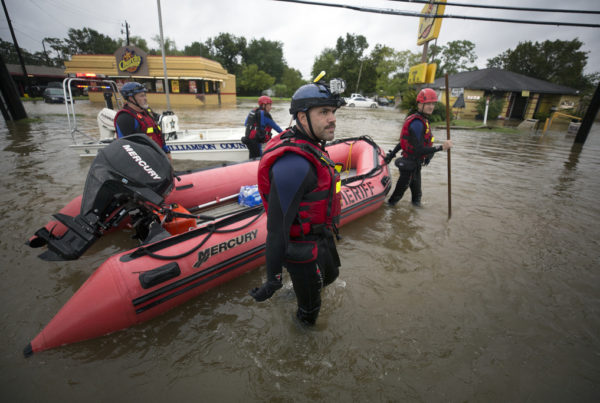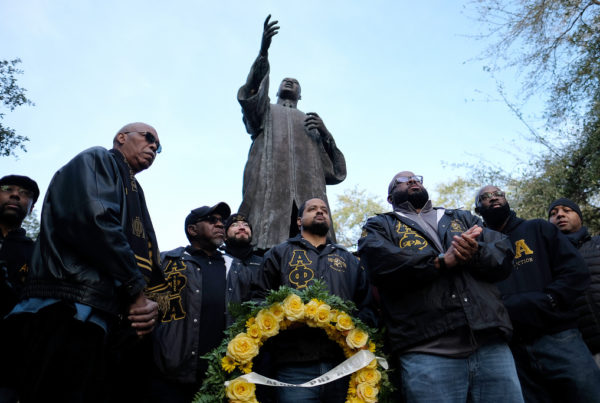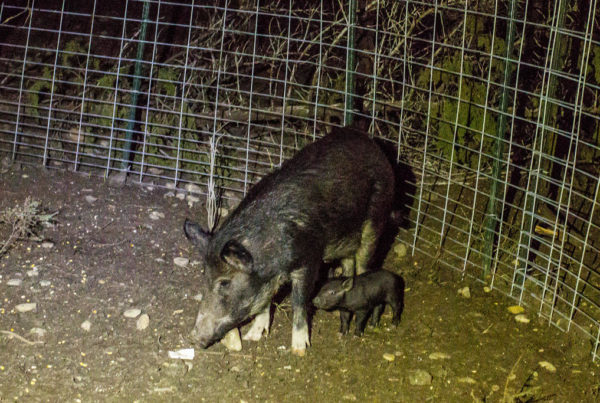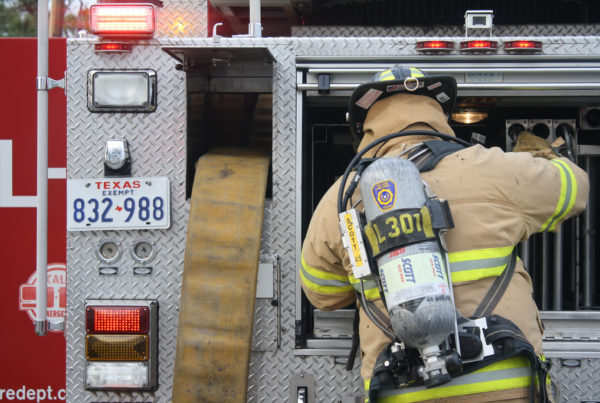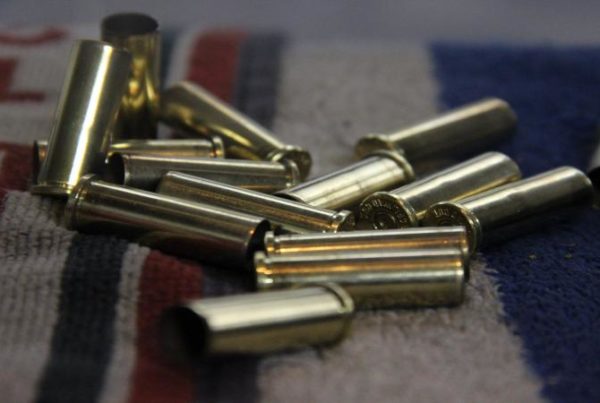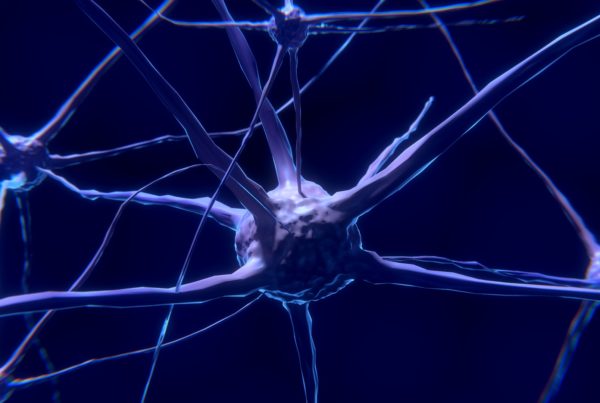In a tweet Monday, U.S. Secretary of State Mike Pompeo said the situation in Venezuela is “deteriorating,” and announced plans to remove all diplomatic staff from the country, amid a six-day nationwide power outage, ongoing violence and food shortages. The U.S. also recognizes opposition leader Juan Guaido as the country’s president, though Nicolás Maduro still occupies the presidential palace. But it’s unclear what the consequences will be with U.S. diplomats out of Caracas.
Secretary Pompeo, who’s in Houston Tuesday for the CERAWeek energy conference, told Texas Standard he’s ordering diplomats to leave for their safety. As a diplomat himself, he also says much of his focus is on finding ways to enhance America’s security at home, including promoting U.S. oil and gas production. He says so-called energy independence gives the U.S. greater security and more leverage to negotiate with other countries.
Despite growing energy independence, the U.S. has relied for years on Venezuelan oil exports. But Pompeo says right now, the U.S. mainly wants to ensure the well-being of the Venezeulan people.
“We want the Venezuelan people to have access to their own wealth,” Pompeo says. “Not the corruption – this oil wealth being stripped away by the kleptocrats of the Maduro regime, taken for their personal benefit.”
What you’ll hear in this segment:
– How U.S. energy production relates to its national security
– Why Pompeo says he’s withdrawing U.S. diplomats from Venezuela
– How President Donald Trump’s budget proposal could affect U.S. aid to Venezuela
Written by Caroline Covington.


